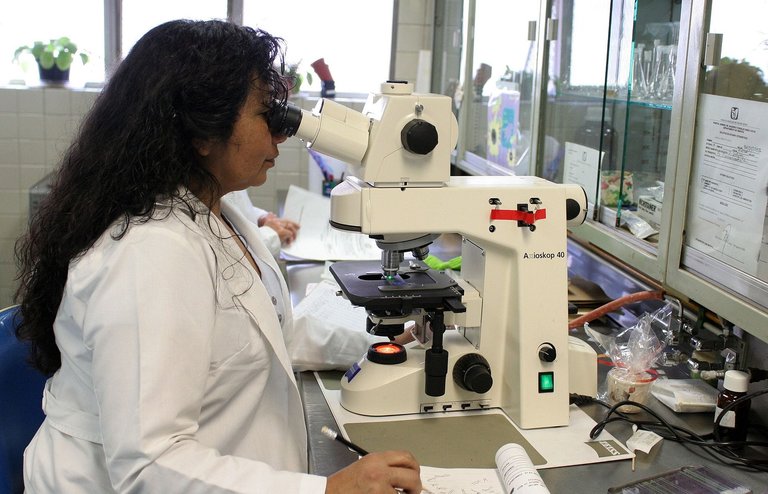How experimentation can improve different stages of the learning process
Don't be afraid to try new things

Shoutout to ernestoeslava and Pixabay.com

Good morning everyone!
Today, I want to keep talking about the process of learning and Its many components. One of these is experimentation. When It comes to acquiring knowledge, some people might respond differently to the conventional follow-one-path-then-excel pattern, reason for why a learning method that's antiquated and not suited to them will damage their performance in the long run.
Then, what's a good solution to this problem? It's easy: Just experiment and try different things.
The success of many ultralearners, Like Van Gogh and Jorge Luis Borges can be attributed to a refusal and inability to follow only one path, which pushes them to try different approaches, using periods of high intensity to learn them and then shift to other techniques.
Besides being a better strategy than conventional learning to find the perfect method for someone who sees the world differently, Experimentation becomes essential. Since most fields require a high degree of creativity, when you reach mastery, you begin to separate yourself from the rest by how unique or original you are, a thing for which experimenting works wonders.
Now that we know how important experimenting is, It's time to highlight how you can use It in your skill acquisition process.

Learning the right methods
Like I said before, the best way to ensure that you stumble upon the best learning method for you, that's suited to your strengths and weaknesses, experimentation is the best option.
How do you apply this?
It's easy, whenever you begin learning a subject, select a learning method (Watching Videos, Books, Courses) and pursue that one route with intensity for a few months. Then, once that period passes, assess If that strategy helped you in the best way possible. If not, change.
Experimenting with Techniques
Trying different strategies when beginning is a great thing, but once you acquire enough skills, things become much more confusing. Once you master the basics, the next question becomes:
Where do I go from here?
And that's something that everyone has to face. If you don't have a mentor or someone you can ask, then It's time to use experimentation in the same manner as the last point. Just pick up a particular field of that skill and practice It, working hard enough so that you can assess If practicing that is making you advance in a significant way. If It doesn't, then It's time to try a new approach.
An example of this can be programming, where once you master the basics such as conditionals, loops and even the use of markup languages like HTML, then the next destination becomes more blurry. That's why, experimenting with different methods like Data Analysis, Data Scraping and Artificial Intelligence or Web Development can bring you closer to the vision of what you want to do.
Experimenting with Styles
Once you go up a certain point of skill and you see that you're getting closer to mastery, you see that everything begins to become scarce. The peers that you can practice with either disappear or choose their own paths, the knowledge that professors can bring you becomes obvious and advancing becomes harder.
However, the only thing you can do now to not only keep growing but also develop into an original practitioner who can't be replaced is to experiment with styles. How so?
Well, there are hundreds if not thousands of celebrated artists, engineers or virtuosos who created their works with a particular style. It's from these that you can begin to copy their style until you get the fundamentals of what makes them so great, and then begin to mix all the techniques you learned from these masters to become your own self.

As you can see, experimenting is a necessary part of any learning process, where the next step for significant growth is always represented by change. The only thing that will keep you from becoming a master is a fixed mindset: Thinking that your weaknesses can't change and that you'll always be the same person.
This is why I encourage you to not only think that you can always change for the better, but also plan for It to become possible. Don't give up, always reach your best version.
Congratulations @jesalmofficial! You have completed the following achievement on the Hive blockchain And have been rewarded with New badge(s)
Your next target is to reach 300 replies.
You can view your badges on your board and compare yourself to others in the Ranking
If you no longer want to receive notifications, reply to this comment with the word
STOPCheck out our last posts:
Greetings! Learning processes are quite complex, it is shaped according to our experience in trial and error, as well as what we have learned from others modeling their behavior. I think it is important that you point out the experimentation in new things and I would add the flexibility that we must have in front of situations.
I agree with you Omar. Flexibility with regard to every new thing that we face is the key to accelerated growth when learning.
Thank you for reading!